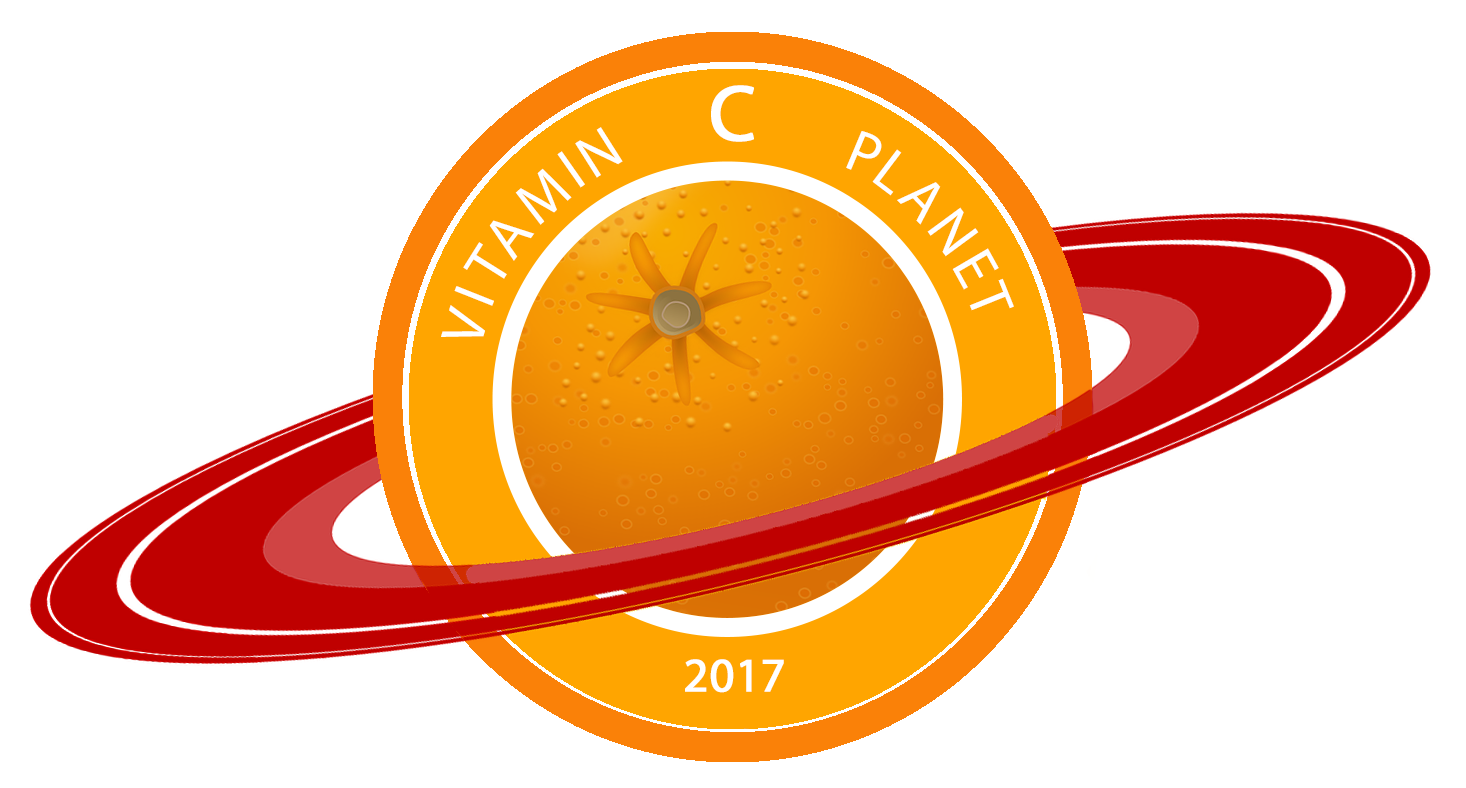Effect of Vitamin C on Depression!
Depression is a main cause of disability and negatively affects the personal behavior and mood. Worldwide, more than 300 million people of all ages suffer from depression. In 2017 it is estimated that 17.3 million adults in the United States had at least one major depressive episode. Regarding to negative effect of depression on social and familial character of patients there is always a need to care about that. Several anti-depressant medicines are available but their consumption is also associated with some side effects like nausea, increased appetite, weight gain, loss of sexual desire and other sexual problems, fatigue and drowsiness.
There is a strong believe that anti-oxidant Vitamins like Vitamin C and Vitamin E have important roles in neurological functions. Vitamin C and E affect the human mood through their effect on two important neurotransmitters (Serotonin and Melatonin) metabolism. Meanwhile, it is obtained from different animal studies that the brain is the last organ which is depleted of Vitamin C during the sever cases of Vitamin C deficiency, these studies are indirectly indicating the importance of Vitamin C in neurological functions. Many studies have suggested that oxidative stress may be a trigger of neuropsychological disorders and so, consumption of anti-oxidants like Vitamin C can help preventing such problems.
On the other hand, there are obvious evidences showing that people with Vitamin C deficiency are suffering from fatigue and depression. Meanwhile, a recent study on high school students has demonstrated that Vitamin C can lower the anxiety levels (anxiety can cause many problems in teenagers).
Other studies have shown the mood-elevating effects of taking Vitamin C. For instance, in a study in 2018 on 139 male students aged 18 to 35 years in New Zealand, this fact was demonstrated again that not only lower levels of Vitamin C can result in depression or anxiety, but also higher levels of Vitamin C can help improving the mood of normal individuals.
On the other hand, depression usually is associated with different levels of fatigue and low energy. Vitamin C is involved in the synthesis of Carnitine, which is required in the generation of metabolic energy. Therefore, lower levels of Vitamin C could affect the body metabolism and total energy and results in fatigue and lethargy in depressed patients.
In a clinical study on hospitalized patients, it was demonstrated that supplementation with Vitamin C can reduce mood disturbance and psychological distress.
There are also other evidences that Vitamin C can reduce the physical effects of stress on people.
Take 100% Natural and Organic Vitamin C for a healthier life!
Attention:
NOAH Vitamin C is Not for prevention or treatment of diseases.
Further Reading!
https://www.nimh.nih.gov/health/statistics/major-depression.shtml
https://www.health.harvard.edu/mind-and-mood/what-causes-depression
https://www.health.harvard.edu/blog/diet-and-depression-2018022213309
https://www.ncbi.nlm.nih.gov/pmc/articles/PMC6071228/
https://www.ncbi.nlm.nih.gov/pubmed/23885048/











